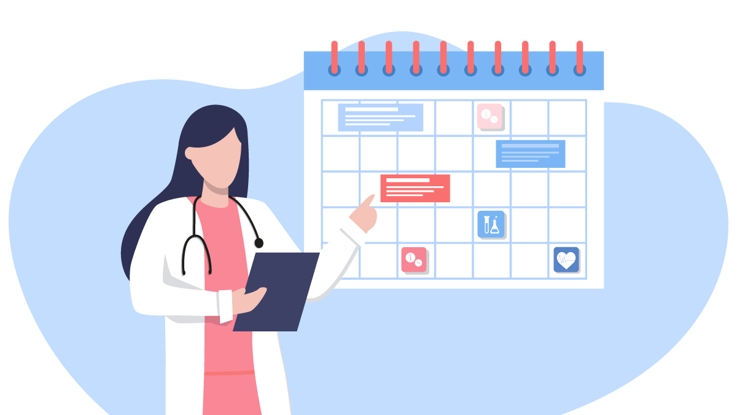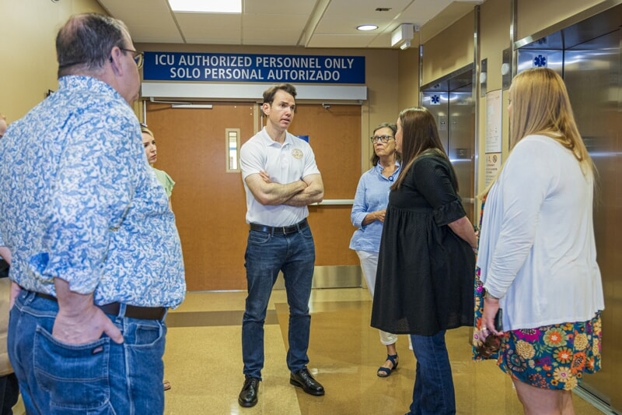Beyond Healthcare: How Community Health Centers Build Stronger Communities
- Posted On:
- Written By: Northern Inyo Healthcare District
.png)
As we look for ways to build healthier and stronger communities, many people are starting to recognize the potential power of community health centers. With an emphasis on providing quality care at affordable prices while meeting the needs of underserved populations, they are becoming increasingly important tools in creating a resource-rich society.
From improving access to services like mental health counseling to bolstering local economies, these centers work hard each day to make underserved populations more comfortable and secure—and their benefits extend far beyond physical well-being. Let's examine how these invaluable resources create thriving communities that work together toward greater collective success.
The Origins of Health Centers
Health centers trace their origins back to the Civil Rights movement. The founders, consisting of visionary community activists and reform-minded physicians, shared a belief in the power of health centers to combat poverty and empower communities with better health and opportunities. Even today, achieving health equity remains an utmost priority for our nation.
Health centers play an essential role in improving the health and well-being of underserved communities. By empowering individuals to actively participate in addressing their unique needs, health centers serve as innovators, healers, and problem solvers. They go beyond the traditional boundaries of healthcare delivery by focusing on illness prevention and addressing social determinants of health, such as diet, nutrition, mental health, and homelessness.
Social Determinants of Health
Many factors, including the social determinants of health, impact overall health. These determinants refer to the social, economic, and environmental conditions that shape our lives. Understanding and addressing the social determinants of health is crucial for achieving health equity and ensuring that everyone has an equal opportunity to live a healthy life. Five social determinants of health include:
Economic stability
Healthcare access and quality
Education access and quality
Social and community context
Neighborhood and built environment
By recognizing the impact of these factors, we can move towards creating a society that promotes good health for all.
Community Health Centers & Equity
Community health centers are critical in promoting health equity by providing accessible, affordable, and high-quality healthcare services to underserved populations. These healthcare facilities are often located in medically underserved areas, ensuring that the most vulnerable members of our society have access to essential healthcare services, regardless of their ability to pay.
Additionally, community health centers often offer comprehensive primary care services, which include medical, dental, and behavioral health care services. This approach ensures that patients receive the care they need, when they need it. With a commitment to equity and social justice, community health centers have become a vital component of our healthcare infrastructure, providing hope and healing to millions of Americans who would otherwise be without access to quality healthcare.
Northern Inyo Healthcare District is deeply committed to improving the communities we serve, one life at a time. Learn more about Our Mission, Vision & Values!


